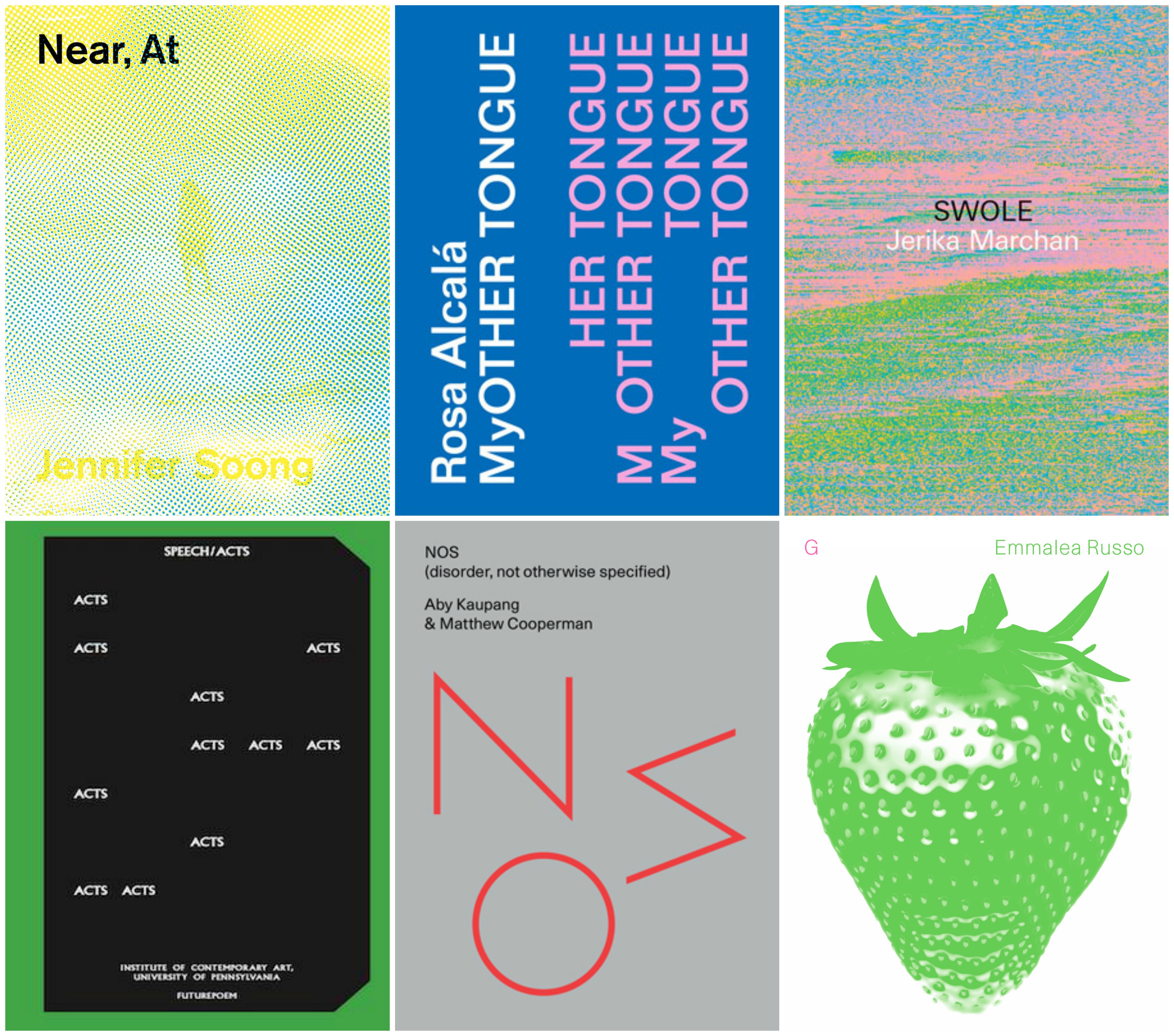Submissions are currently open for The Other Futures Award, given by Futurepoem for a book-length work of poetry, prose, or multi-genre writing. The editors of Futurepoem launched the award this year to recognize “innovative, adventurous work that challenges conventions of genre and language, content and form.” The winner will receive $1,000 and will be published by Futurepoem in 2021.
Using the online submission system, submit a manuscript of any length—the suggested length is 50 to 100 pages—with a $28 entry fee by June 15. Dan Machlin, Carly Dashiell, Ariel Yelen, and Aiden Garabed Farrell—Futurepoem’s permanent editors and staff—will judge. The winning entry will be announced by September 15. Visit the website for complete guidelines.
“The Other Futures Award focuses on innovative, experimental poetry and cross-genre literature,” write the editors. “We are interested in considering work that imagines new literary possibilities, pushes the boundaries, and questions established paradigms.”
Founded in 2002, Futurepoem is a New York City–based publishing collaborative. It has a rotating editorial panel and is “dedicated to presenting innovative works of contemporary poetry and prose by both emerging and important underrepresented writers.” Dan Machlin is founder and executive editor. Recent releases include Jennifer Soong’s debut poetry collection, Near, At; Emmalea Russo’s debut poetry collection, G; and Aby Kaupang and Matthew Cooperman’s collaborative poetry collection NOS (disorder, not otherwise specified).





